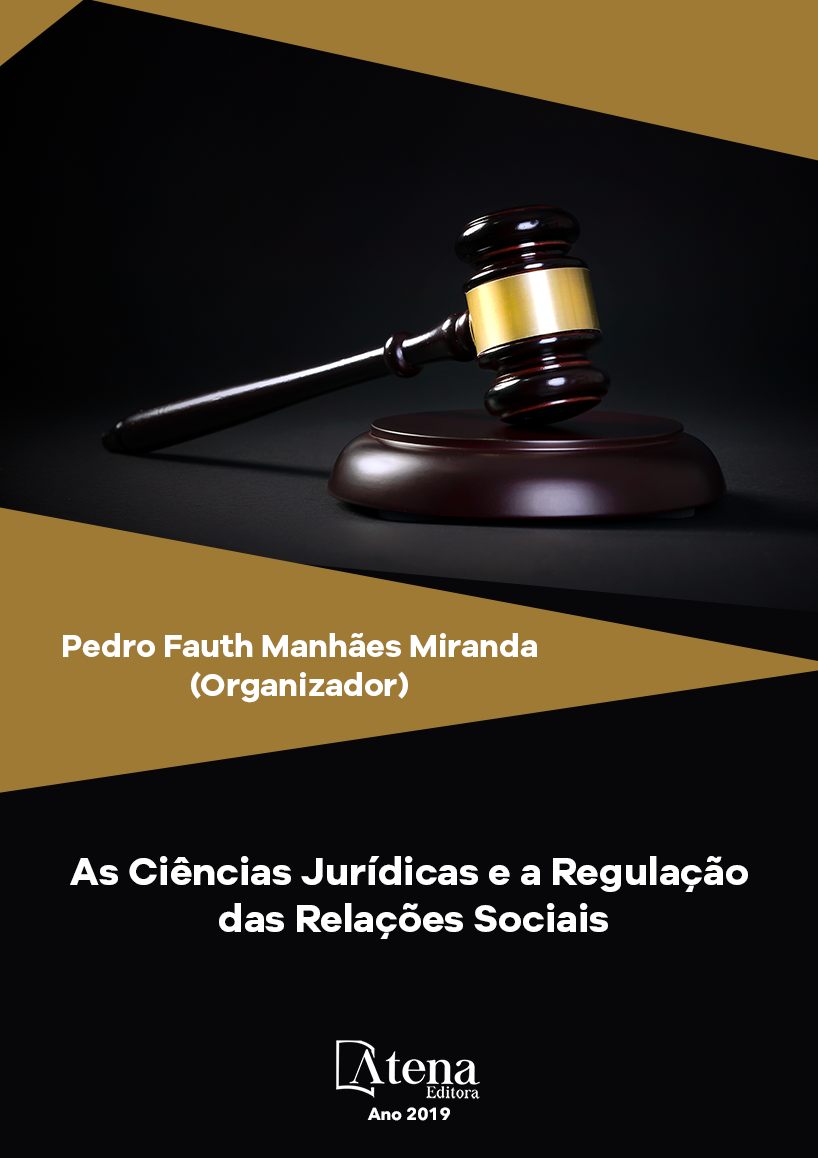
A COOPERAÇÃO PENAL INTERNACIONAL ENTRE BRASIL E URUGUAI EM PROCESSO EXTRADITÓRIO
A extradição é um processo de cooperação judiciária internacional e que envolve o Poder Executivo. Ela consiste na entrega de um indivíduo acusado ou condenado à justiça por determinado Estado interessado que se cumpra o poder punitivo dele sobre o criminoso. O processo extraditório é aplicado nas relações de cooperação entre nações internacionais na esfera penal. Há um impasse entre os governos brasileiro e uruguaio sobre a efetivação da solicitação. Assim, o presente trabalho analisa a cooperação penal internacional entre os dois países integrantes do MERCOSUL, Brasil e Uruguai. A pesquisa trata-se de um estudo bibliográfico. Tem por objetivo analisar a posição do governo brasileiro na cooperação penal internacional entre Brasil e Uruguai no que tange aos atos de extradição de brasileiros naturalizados. E, através disto, abordar a definição de extradição, as normas internas e internacionais que regem o Brasil e sua relação diplomática com o Estado Uruguaio, no que tange a reciprocidade das solicitações de extraditandos. O tema de extradição entre esses países latinos é de suma relevância acadêmica, devidas às inúmeras decisões proferidas pelo Egrégio Tribunal quando ocorre o pedido extraditório pelo Estado uruguaio e este por sua vez é negado ferindo as normas de cooperação internacional, inclusive o Tratado do MERCOSUL. Conclui-se que este assunto é bastante polêmico quando confrontadas as regras de direito interno e internacional, especialmente no que tange ao tratado do MERCOSUL, devendo assim os entes estatais agir de forma que sigam a realidade nacional e internacional do mundo moderno.
A COOPERAÇÃO PENAL INTERNACIONAL ENTRE BRASIL E URUGUAI EM PROCESSO EXTRADITÓRIO
-
Palavras-chave: Brasil; Cooperação Penal Internacional; Extradição; MERCOSUL; Uruguai.
-
Keywords: Brazil; International Criminal Cooperation; Extradition; MERCOSUR; Uruguay.
-
Abstract:
Extradition is a process of international judicial cooperation involving the executive branch. It consists in surrendering an individual accused or sentenced to justice by a particular interested state to fulfill his punitive power over the criminal. The extraditory process is applied in cooperation relations between international nations in the penal sphere. There is a deadlock between the Brazilian and Uruguayan governments over the execution of the request. Thus, this paper analyzes the international criminal cooperation between the two MERCOSUR member countries, Brazil and Uruguay. The research is a bibliographical study. Its objective is to analyze the position of the Brazilian government in the international criminal cooperation between Brazil and Uruguay regarding the extradition acts of naturalized Brazilians. And through this, address the definition of extradition, the domestic and international rules governing Brazil and its diplomatic relationship with the Uruguayan State, regarding the reciprocity of extraditant requests. The issue of extradition between these Latin countries is of major academic relevance, due to the numerous decisions handed down by the Egrário Tribunal when the Uruguayan State extraditory request occurs and this in turn is denied in violation of the norms of international cooperation, including the MERCOSUR Treaty. It is concluded that this issue is quite controversial when confronted the rules of domestic and international law, especially with respect to the MERCOSUR treaty, so that state entities should act in a way that follows the national and international reality of the modern world.
-
Número de páginas: 15
- Monique Vigil Klüsener
- Tais do Couto de oliveira
- Valquiria de Castro Pereira


